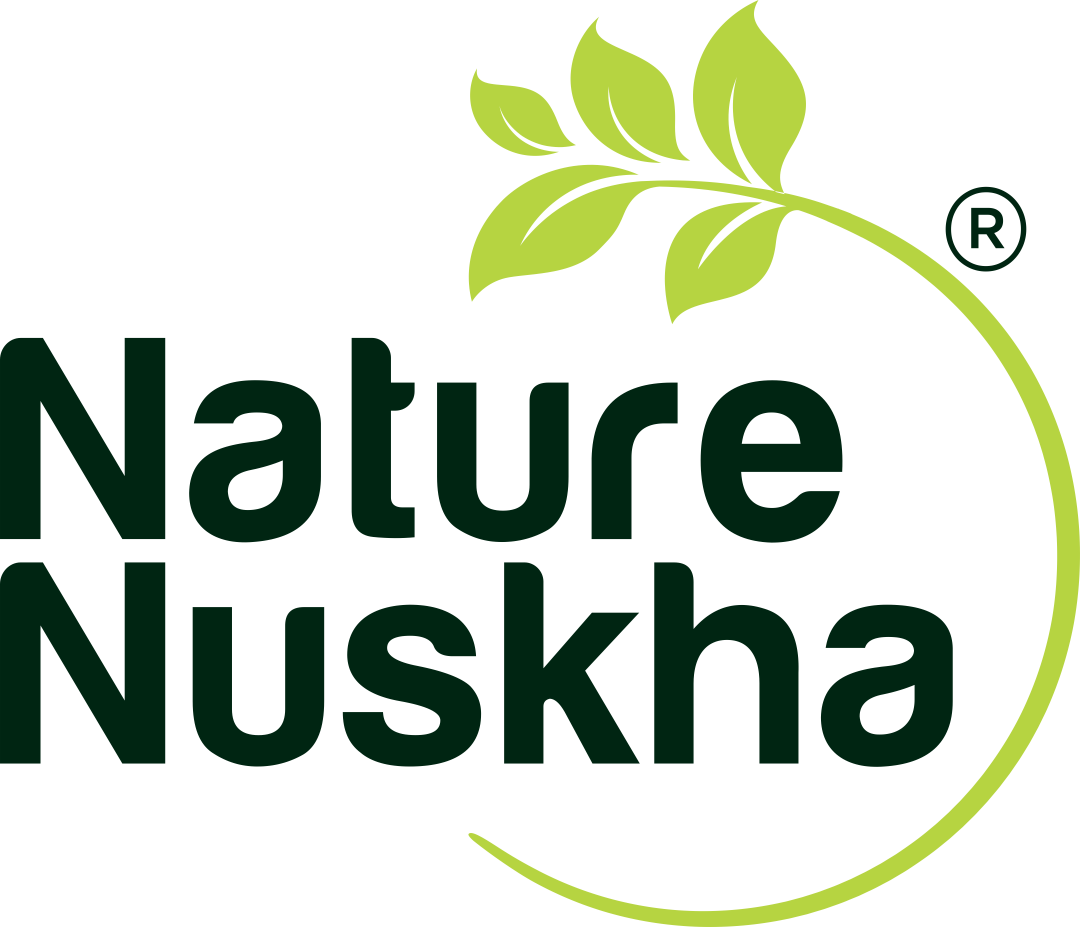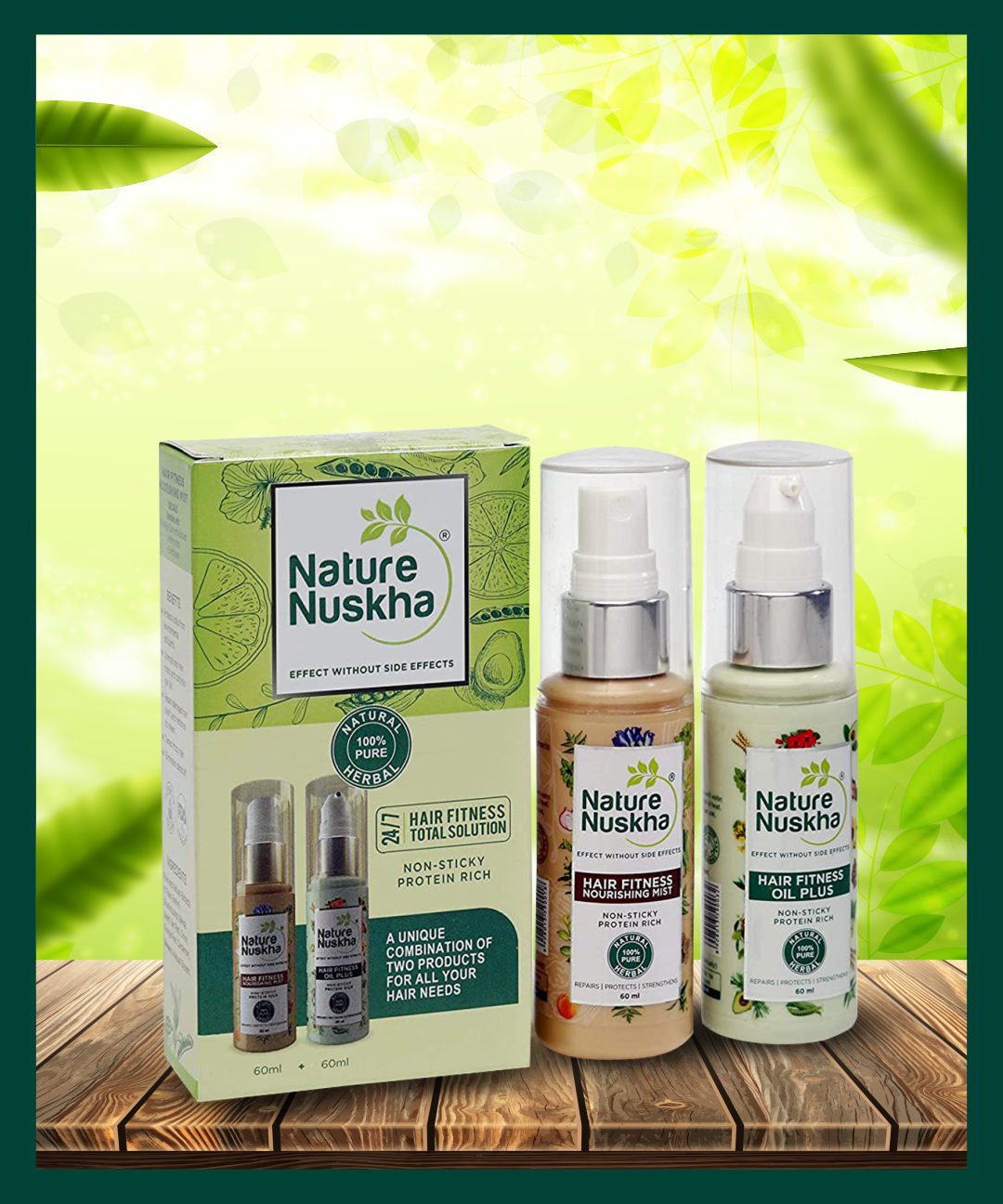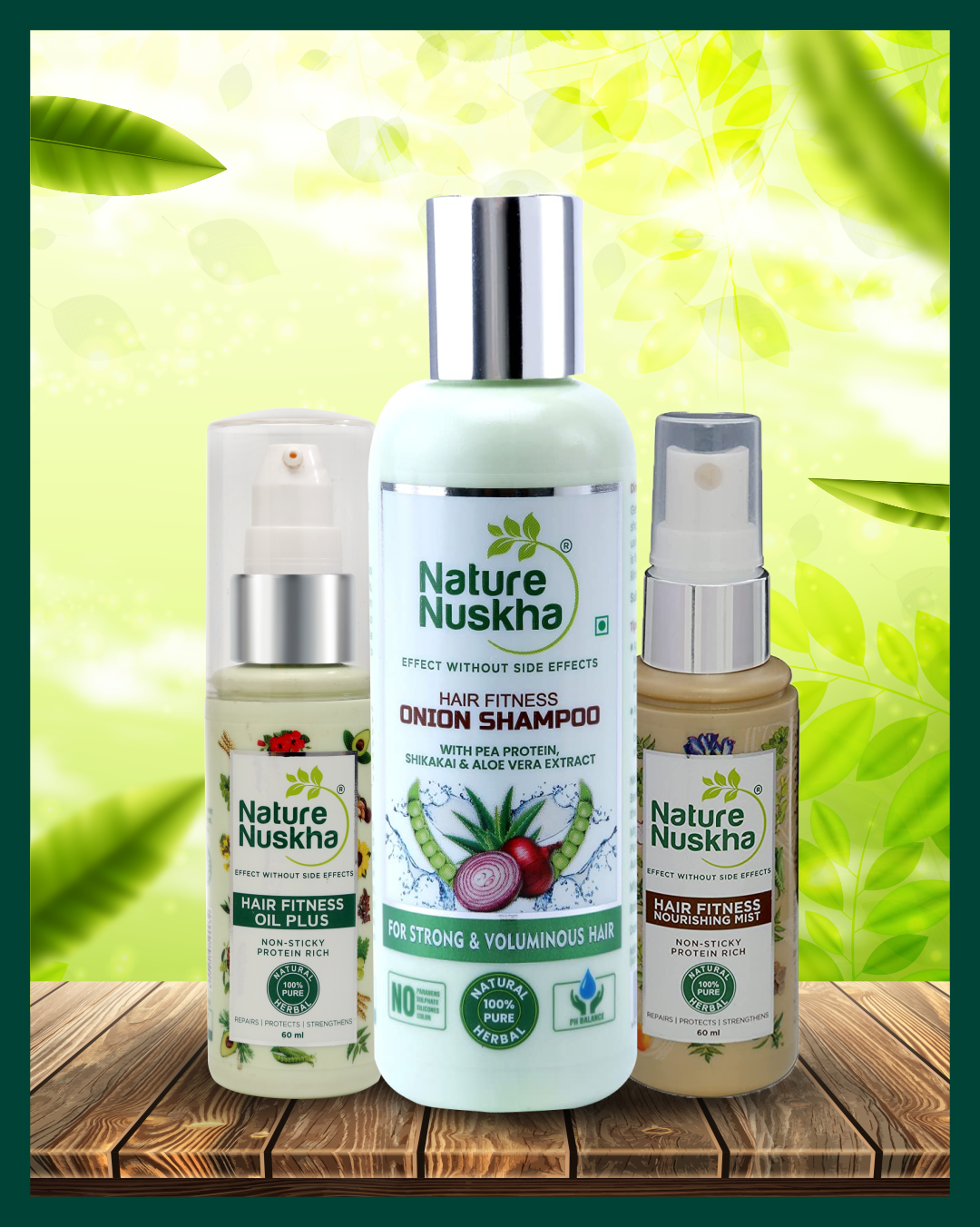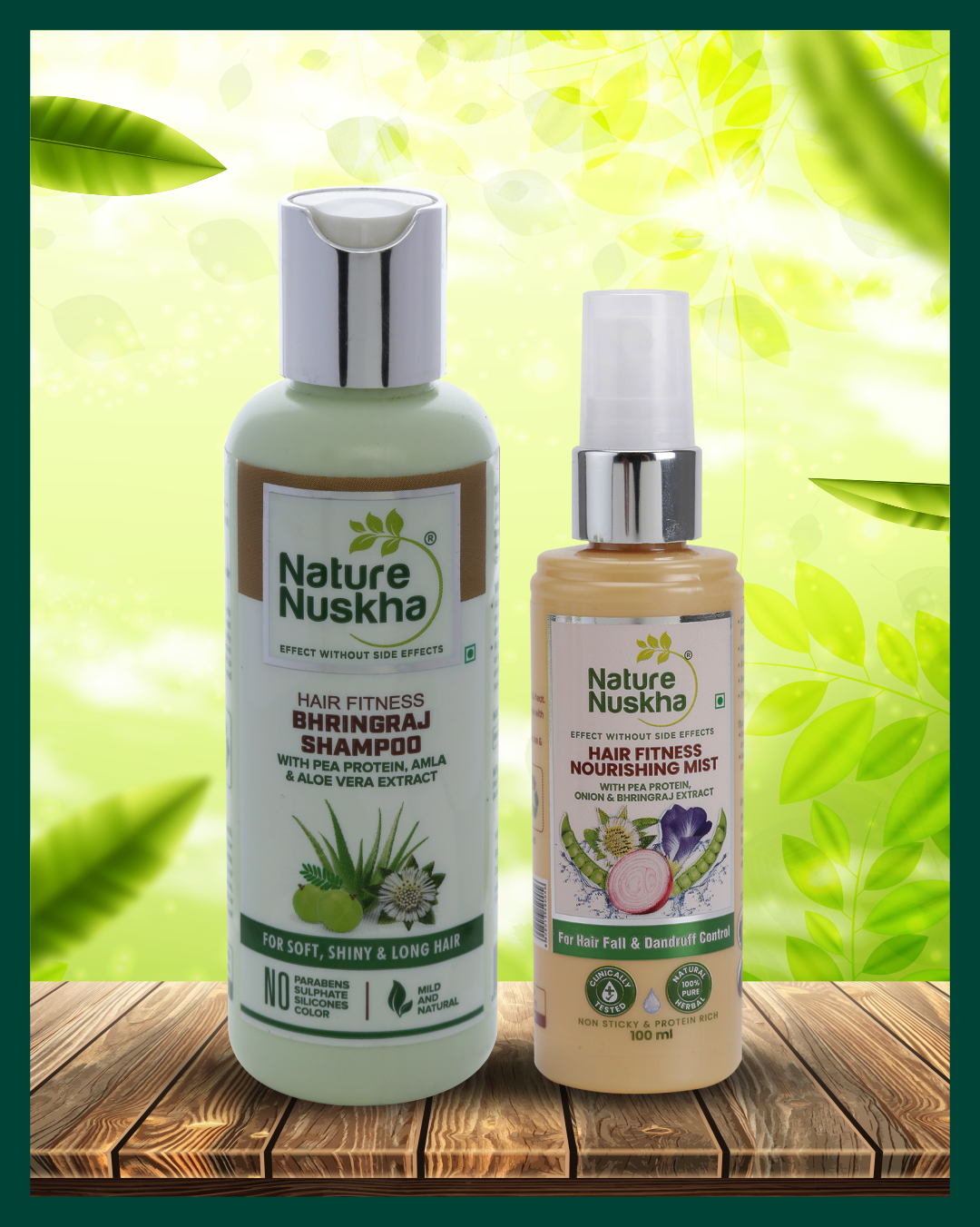Having silky smooth and shiny hair is a dream come true for everyone. But unfortunately, a plethora of factors lead to dry, dull, frayed, and frizzy hair. The good news here is that most of these causes are completely preventable and, contrary to popular belief, it’s fairly easy to implement frizzy hair solutions in your daily life. Keep reading!
What is frizzy hair?
Simply put, frizzy hair is your hair strands going wild. Each strand runs in a different direction, causing your hair to look and feel dry and rough.
The cuticle (topmost) layer of your hair is like little scales running through the length of your hair strand. Ideally, they must remain flat and protect your hair from losing moisture and nutrients, and prevent external elements from disrupting your hair. Frizzy hair is result of the cuticle being raised, allowing moisture to escape and air to enter the hair strand and damage its shape and elasticity.
What causes frizzy hair and what are some of the best frizzy hair solutions?
Frizzy hair solutions can be achieved easily once we understand the underlying cause. Frizzy hair essentially has 4 causes:
CAUSE AND SOLUTION #1
Cause #1: Environmental humidity
When the water content of the air around you is greater than the water content retained by your hair, your cuticle begins to absorb water from the atmosphere around it. This causes it to swell and raise instead of staying flat, causing air to enter the hair strands and damage it from within.
Frizzy hair solution #1: Hydrate and protect!
Moisturising your hair as much as possible will help prevent the humidity from messing with your hair. Using hydrating sprays and serums, like Nature Nuskha’s Hair Fitness Nourishing Mist, help in giving it the extra boost of moisture it needs. What’s best is that it’s made entirely from natural extracts like onion, pea protein, bhringraj, brahmi, and more, making it safe to use and gentle on the hair. Protecting your hair from being exposed to the humidity also helps in preventing your cuticle from absorbing this excess moisture, so opt for hairstyles where your hair is tied up or braided.
CAUSE AND SOLUTION #2
Cause #2: Using chemical-heavy products
Many of our staple shampoos, serums, styling products, and hair colours contain harsh chemicals like sulphates, parabens, phthalates, and more. These chemicals are notorious for damaging and drying up your hair, causing it to look frizzy. This dryness poses to be a greater problem for those in humid environments or ones with hair that is naturally prone to frizz.
Frizzy hair solution #2: Go natural!
Any substantial product that has the maximum benefits for your hair, be it the best shampoo for frizzy hair or any hair oil, is always derived from nature. Chemicals have the tendency to disrupt many things like hair pH, the structure of your hair cuticle, and the elasticity of your hair. Use all-natural products that condition and moisturise your hair from the inside, like Nature Nuskha’s Hair Fitness Oil Plus, made from over 13 herbal extracts like pea protein, jojoba, tocopherols (Vitamin E), onion, argan, and more. Natural products have none of the harsh chemicals that can damage your hair, and in turn contain ingredients that nourish your hair and keep it healthy.
CAUSE AND SOLUTION #3
Cause #3: Overwashing your hair (and with the wrong products)
Thinking that washing your hair may just give you another opportunity to use a conditioner and make your hair soft again couldn’t be farther away from the truth. Washing your hair too much may strip it of the moisture it needs, and that is something we’ve established as the root cause of frizzy hair. Most often, the choice of shampoo for our almost-daily hair washes is also poor since many hair products contain harsh chemicals that dry and damage the hair. The excessive drying and chemical exposure poses a huge risk to our hair becoming frayed, frizzy, and brittle.
Frizzy hair solution #3: Less frequent hair washes (with the right products this time!)
If your hair is prone to frizz, stick to washing your hair not more than 3 times a week. This way, your hair remains clean, and you prevent overdrying your hair. It is also important to use shampoos that are gentle and don’t contain harming chemicals. Our onion shampoo is the best shampoo for frizzy hair as it enriches your hair with multiple natural extracts from onion, pea protein, aloe vera, and more, that moisturise your hair and keep it smooth.
CAUSE AND SOLUTION #4
Cause #4: Using heat to style your hair
You may think a blow dry or straightening your hair will make it appear smoother. While it may look so, the game is entirely different on a deeper level. Heat causes an immense amount of damage to your hair, making it brittle and dry. Heat directly attacks the building protein of your hair – keratin – and causes it to degrade. This loss of structure leads to damaged cuticles that are raised and allow moisture to escape and air to enter and damage the hair from within. This is what we call “porous” hair, and is one of the leading side effects of heat styling.
Frizzy hair solution #4: Cut the heat
Trust us when we say that embracing your natural hair is the best way forward. You may use the best shampoos for frizzy hair and take utmost care, but the minute you start using heat tools on a regular basis, it’s game over. Over time, by taking small steps like switching from chemical to natural products, oiling your hair regularly, applying nourishing mists, and so on, your natural hair will be protected from being frizzy. Ditch the heat tools and go natural! If at all there is an occasional need to use heat styling products for your hair, we recommend applying heat protecting products beforehand to minimise the damage.
There you have it – our top tips on preventing frizzy hair and our favourite frizzy hair solutions! Shop Nature Nuskha’s range of hair fitness products, including oils, mists, shampoos, and more that are packed with essential nutrients, all derived from nature.




